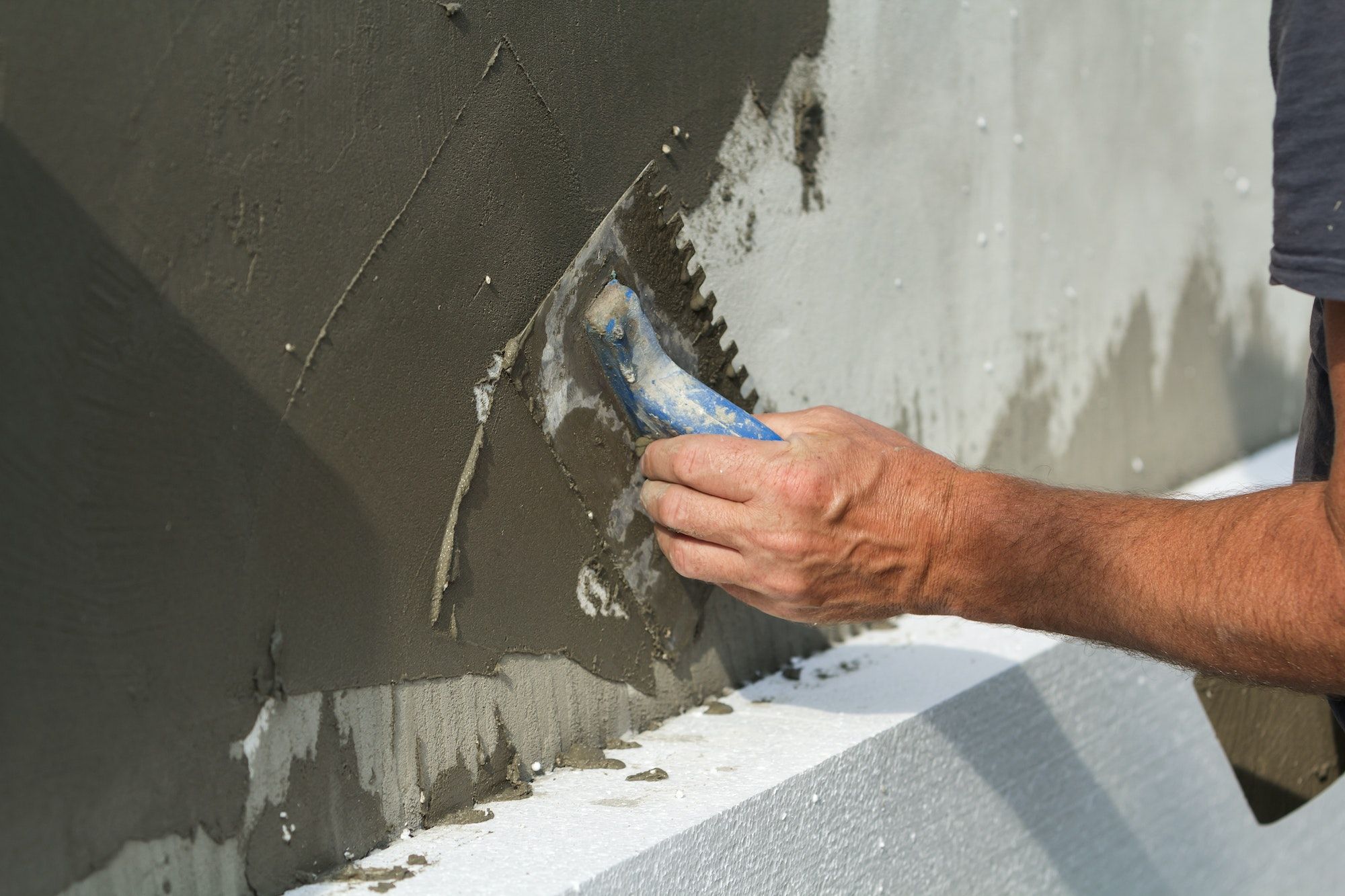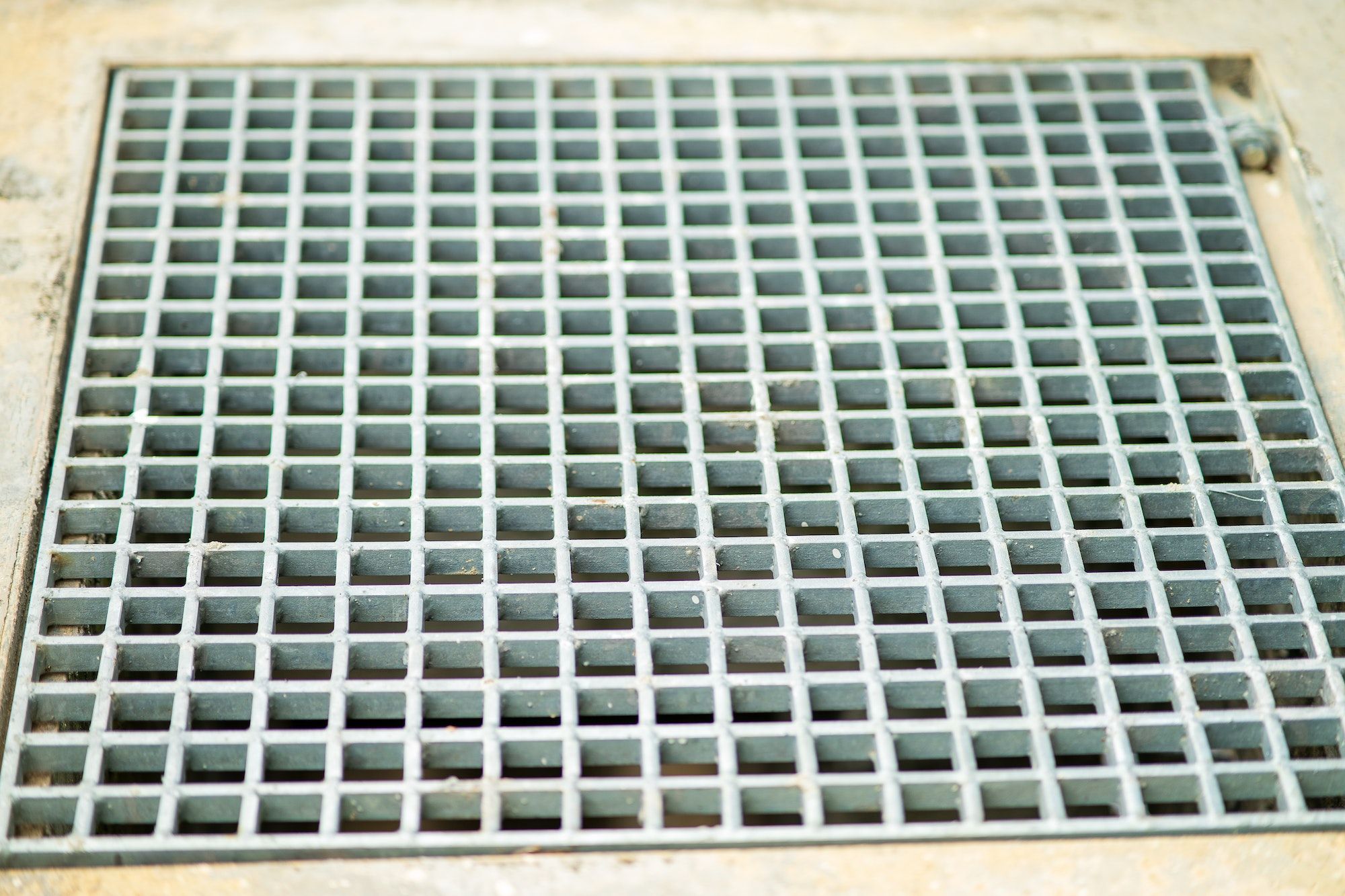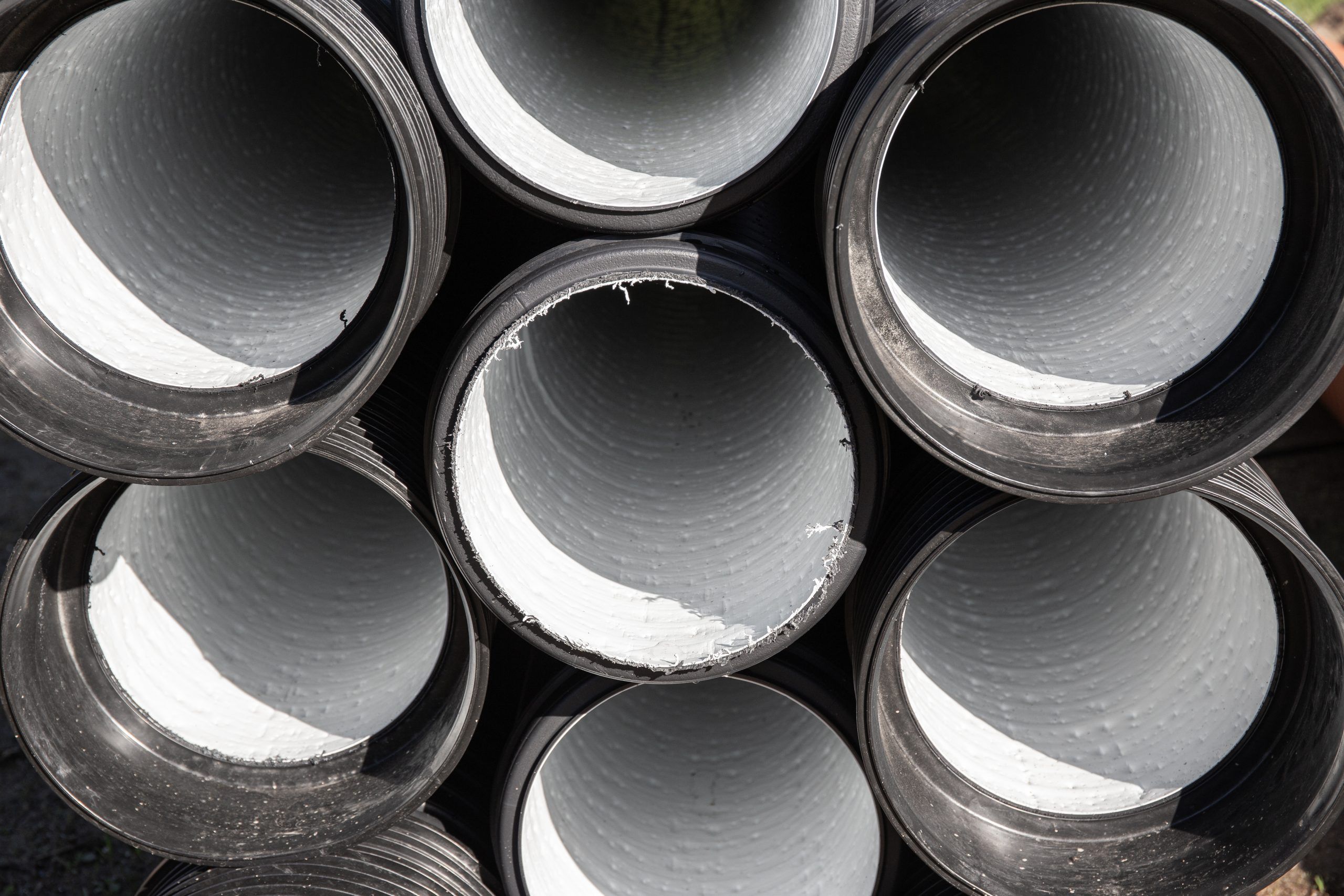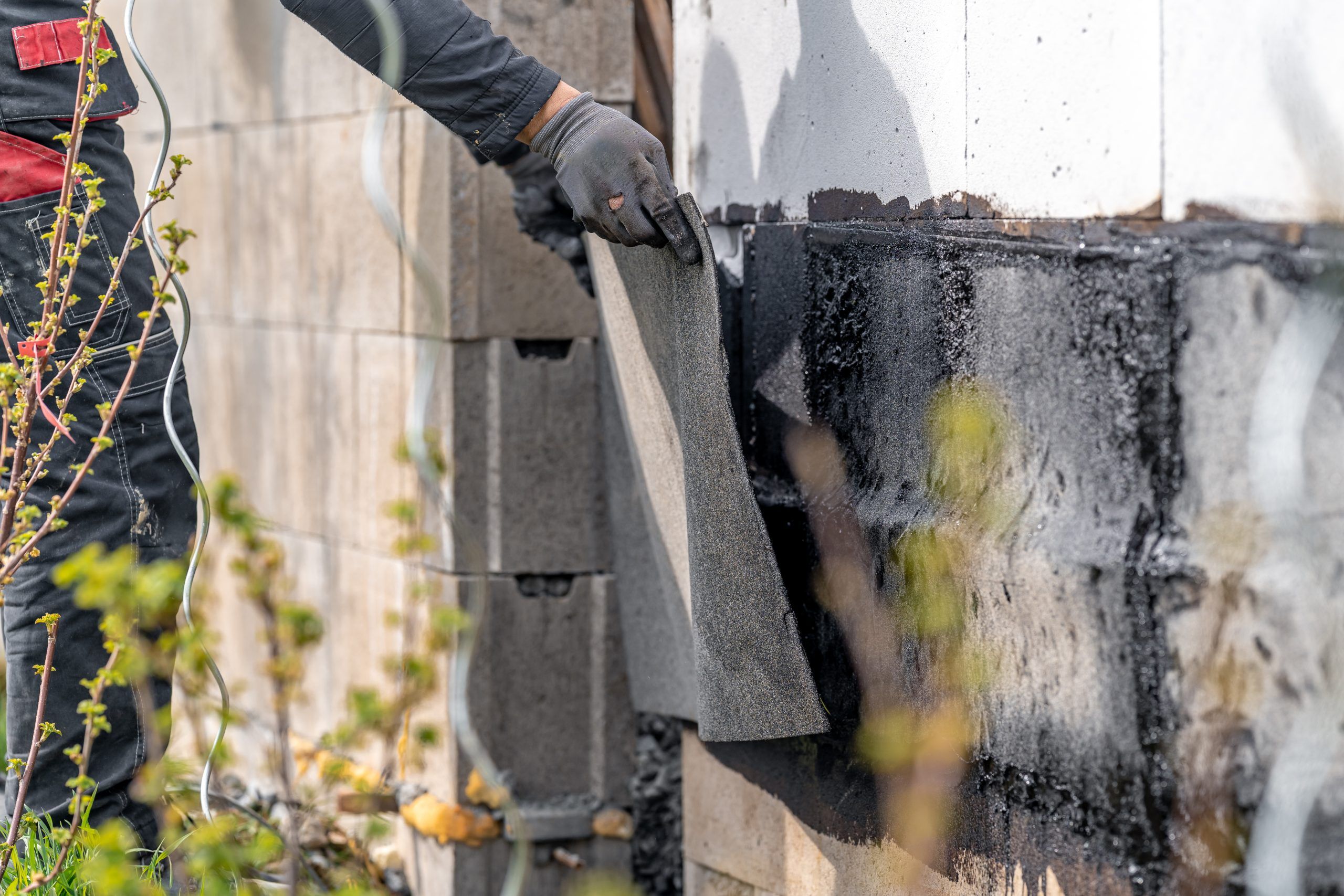Guide to Common Sump Pump Odors
As someone who takes pride in keeping their home in top-notch condition, I understand the importance of a functioning sump pump. It’s a crucial part of any home’s drainage system, and without it, we risk water damage and costly repairs.
But have you ever experienced an unpleasant odor coming from your sump pump? Don’t worry; you’re not alone. It’s a common issue that many homeowners face, and it’s essential to understand the causes behind these odors to keep your home safe and smelling fresh.
In this article, we’ll dive into the most common sump pump odors and their causes. We’ll explore why your sump pump might be producing unpleasant smells, how to identify the source of these odors, and most importantly, how to fix these issues.
So, whether you’re a seasoned or new homeowner looking to learn more about sump pump maintenance, keep reading to ensure your home stays dry and odor-free!
What is Causing My Sump Pump Odors
If you’re wondering why your sump pump smells, don’t worry, you’re not alone. Many home-owners experience this issue, and it can be due to several reasons. The most common reasons include a dry sump pump, still water, dirty sump pump, waste build-up, or even a cracked or broken part of your plumbing.
To prevent odors from your sump pump, there are some maintenance tips you can follow. First, ensure that your sump pump is properly ventilated. This means that the basin has enough space for air to circulate and prevent the accumulation of moisture.
Common mistakes include not cleaning the sump pump regularly or not checking for any cracks or breaks in the plumbing. Professional cleaning services are available and can be helpful in preventing odors and ensuring that your sump pump is in good condition.
Identifying the Causes of Sump Pump Odors
There are several key points to consider. These include sewer gases, mildew, rotten eggs, sulfur, and waste smells. By understanding these different odors, we can pinpoint the problem and take the necessary steps to fix it.
Let’s dive into each of these causes in more detail. Sewer gases can be identified by a distinct rotten egg smell. This odor can indicate a buildup of hydrogen sulfide gas in the sump. Mold and mildew, on the other hand, have a musty smell. This is often due to moisture buildup in the sump basin, which can lead to the growth of mold.
Rotten eggs and sulfur smells are also indicative of a problem with the pump. This can be caused by a reaction between bacteria and sulfur compounds in the water. Finally, waste smells are another common issue. This odor is typically caused by a buildup of organic matter in the sump, which can occur if the pump is not working correctly.
By understanding the different types of smells that can occur in a pump, homeowners can identify the cause of the problem and take steps to fix it. This may involve cleaning the sump, replacing the pump, or addressing any underlying plumbing issues. In any case, a little bit of knowledge can go a long way in ensuring that your sump pump is working properly and keeping your home free from unpleasant odors.
1. My Pump smells like Sewer Gasses
Sewer gases can be a serious health hazard and fire risk when they leak from a dry sump pump into your home. It’s important to take preventative measures to ensure that your pump is always functioning properly and to detect any plumbing issues as soon as possible. Here are some tips to prevent sewer gases:
- Regularly maintain your pump to ensure it’s not drying out.
- Eliminate mold growth in the sump pit by keeping it clean and dry.
- Reduce waste accumulation by cleaning out your pump on a regular basis.
- Install a vent pipe to allow sewer gases to escape outside instead of inside your home.
- Detect any plumbing issues early on to prevent them from becoming bigger problems.
Taking care of your sump pump and detecting any issues early on can save you from the potential dangers of sewer gases. By following these tips, you can ensure that your home is a safe and healthy environment for you and your family.
2. My Sump Pump Smells like Mold and Mildew
You can easily prevent the growth of bacteria in your sump by regularly cleaning it and keeping it dry. The water in the basin, which is a common cause of sump basin odors, is also a breeding ground for mold. This growth not only gives off a musty smell but can also be a health hazard.
To prevent this, you can use cleaning methods such as using a solution of water and bleach to clean the sump pit, removing any debris or dirt that has accumulated, and making sure to keep the area dry.
In addition to cleaning and maintenance, ventilation solutions and humidity control can also help prevent mold. You can install a ventilation system in the area to allow for better air circulation and reduce the humidity level. You can also use a dehumidifier to control the humidity level in the area.
If you suspect that mold and mildew have already grown in your sump, it’s best to have it professionally removed to avoid any health risks. Remember, prevention is always better than cure. Regular cleaning and maintenance, along with proper ventilation and humidity control, can help keep your pump odor-free and your home safe and healthy.
3. Smells like Rotten Eggs
If you’re constantly battling against the putrid smell of rotten eggs and sulfur emanating from your sump, it’s time to take action and address the source of the issue.
The smell of rotten eggs and sulfur is not only unpleasant, but it can also be dangerous to your health. This odor is caused by hydrogen sulfide gas, which is produced by bacteria because of a high water level.
To get rid of the smell, you need to find the source of the problem and implement Sulfer Solutions or Rotten Egg Remedies.
The first step towards odor elimination and smell prevention is sump pump maintenance. Regular maintenance will help prevent the accumulation of waste, which can lead to the production of hydrogen sulfide gas.
Make sure to clean your sump pump regularly and replace any broken or damaged parts. Additionally, consider installing a vent pipe to release the gas outside of your home.
With these measures in place, you can enjoy a fresh and odor-free home.
4. Waste or Sewage Smells
Now that we’ve covered the issue of rotten egg and sulfur smells coming from your pump, let’s talk about another common odor problem: waste smells.
As we mentioned earlier, sump pumps deal with waste on a daily basis, which means that over time, the waste buildup can start to create a foul odor in your home. This smell can be caused by a buildup of debris in the pump pit or even by stagnant water that hasn’t been properly removed.
To prevent waste buildup and eliminate stagnant water, it’s important to take proper care of your pump. This includes regular maintenance and cleaning to ensure that the pump is operating at peak efficiency. Additionally, using odor neutralizers or ventilation solutions can help to keep the air around your pump smelling fresh and clean.
Here are a few key tips to keep in mind:
- Regularly clean out your pump to remove any debris or waste buildup.
- Consider installing a ventilation system to help circulate air and prevent water from collecting in the sump.
- Use odor neutralizers or air fresheners to keep the air around your pump smelling fresh.
- Make sure to schedule regular maintenance for your pump to prevent any issues from developing over time.
By taking these steps, you can help to keep your sump pump system running smoothly and eliminate any unpleasant odors that may be coming from your plumbing system. With a little bit of effort and attention, you can ensure that your home stays clean, safe, and odor-free.
Causes for Sump Pump Issues
Understanding the causes of sump pump pit odors is crucial in ensuring a healthy and functional plumbing system. One common cause of pump smells is dryness. During dry seasons, pumps can dry out, causing the sewer line gas that has collected in the basin to be released into the home. This not only causes a foul odor but can also pose health hazards and fire risks.
To prevent this, it’s important to perform regular preventative maintenance on your pump to ensure it remains moist and functional. Another cause of pump smells is stagnant water. When fresh water collects in the basin without much movement, mold and mildew can grow, leading to a musty, unpleasant smell.
Additionally, a buildup of waste can also contribute to the smell. Sump pumps deal with waste daily, and over time, debris accumulation can lead to blockages and pump smells. It’s important to address these issues promptly to prevent plumbing problems and ensure a healthy living environment.
Regular cleaning and maintenance can help prevent these issues and extend the life of your pump, check valves, float switches, and discharge lines.
How to Fix Common Sump Pump Problems
Don’t let a malfunctioning sump pump disrupt your peace of mind – take action to fix it. There are several repair techniques and maintenance tips you can try to get rid of those unpleasant smells.
If your sump pump basin smells like mold or mildew, try cleaning the basin with a mixture of water and bleach. You can also try pouring vinegar or baking soda down the drain to help remove any buildup. Regularly cleaning your pump is crucial to preventing odor buildup.
If the odor persists, it may be time to seek professional services. A plumber can inspect your pump and determine if there are any broken or cracked parts that need to be replaced. If your pump is beyond repair, they can also recommend replacement options.
Don’t let a smelly sump pump affect your home’s air quality and your family’s health. Take the necessary steps to prevent odor buildup and ensure your pump is functioning properly.




